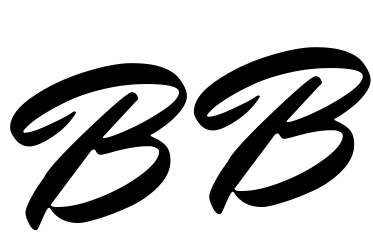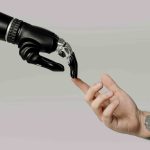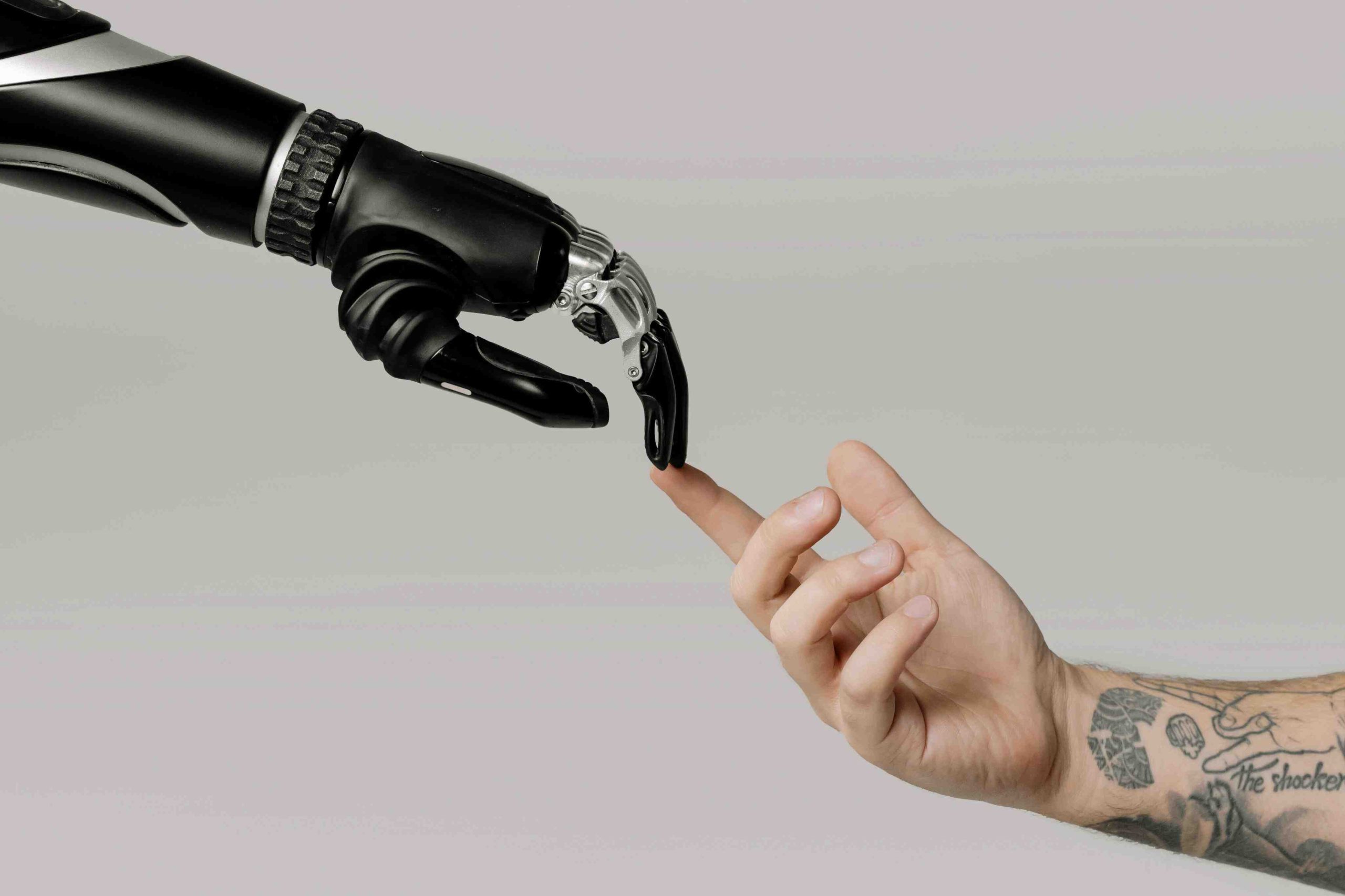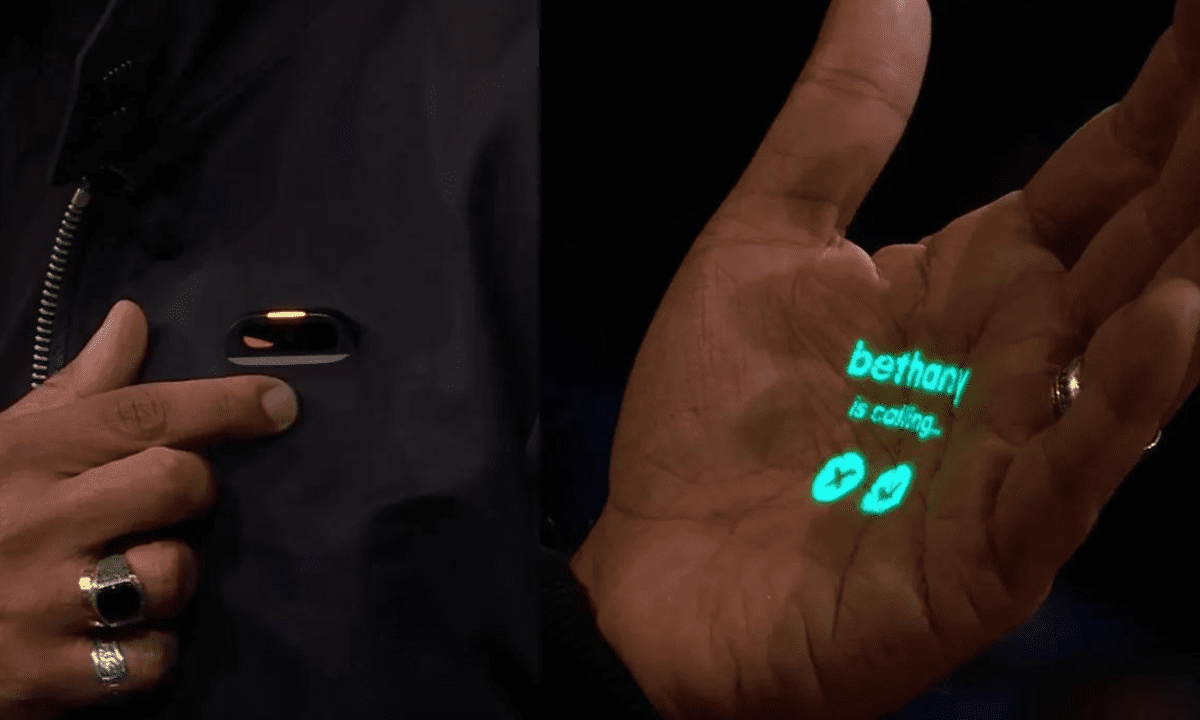AI has reshaped the world beyond a shadow of a doubt, from self-driving cars to Virtual Assistants. Today, artificial intelligence is not a concept of the future but a part of daily life. Yet, as time passes, AI starts to become more and more advanced. We humans begin to worry about our future and jobs. AI vs human brain?
Spoiler Alert! AI can’t take over human brains as a whole. Yes, AI can take over some of our jobs; in fact, Artificial intelligence, like self-driving technology, has already taken over driver’s jobs. While AI excels at some tasks, it lacks the emotional depth, intuition, and complexity that make humans different. Let’s dive deeper into this topic and find the answer to the mentioned question.
What makes the human brain different?
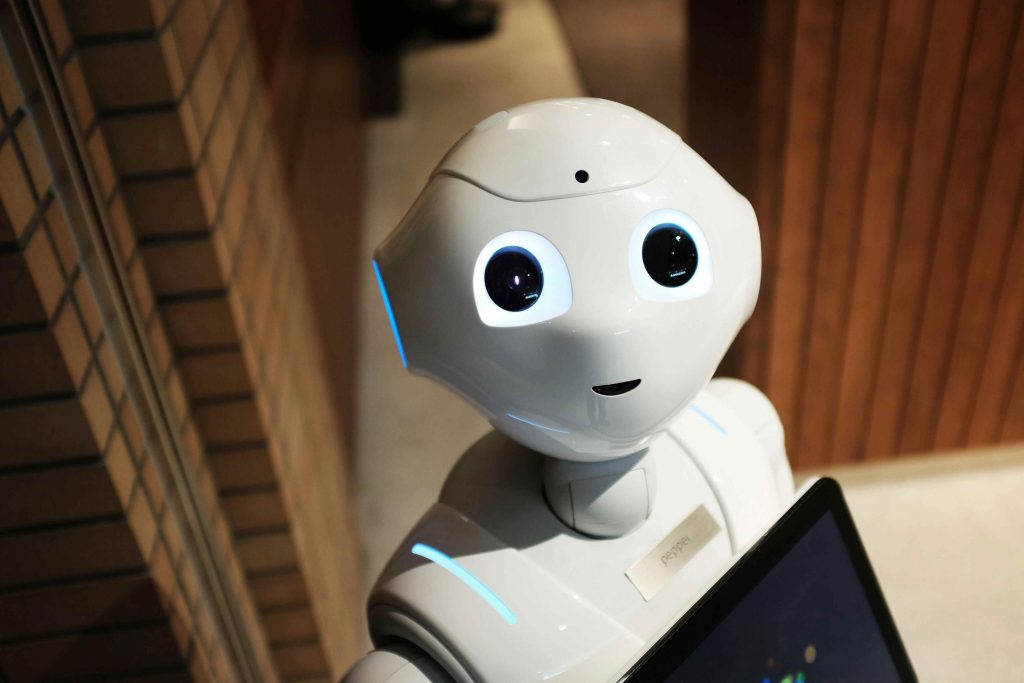
The Human Brain: A Masterpiece of Complexity
Your brain is the most complicated and influential organ in the understood cosmos. It contains about 86 billion neurons, each linked by thousands of synapses. This natural “supercomputer” is capable of:
- Adjusting and understanding in real-time.
- Experiencing and interpreting emotions.
- Making ethical decisions.
- Creating art, music, and stories that reverberate emotionally.
The key distinction is that AI lacks consciousness—the self-awareness that allows us to mirror, dream, and feel. AI chatbots might excel in calculations, but they cannot duplicate the richness of human experience.
Why AI Can’t Replace Human Creativity
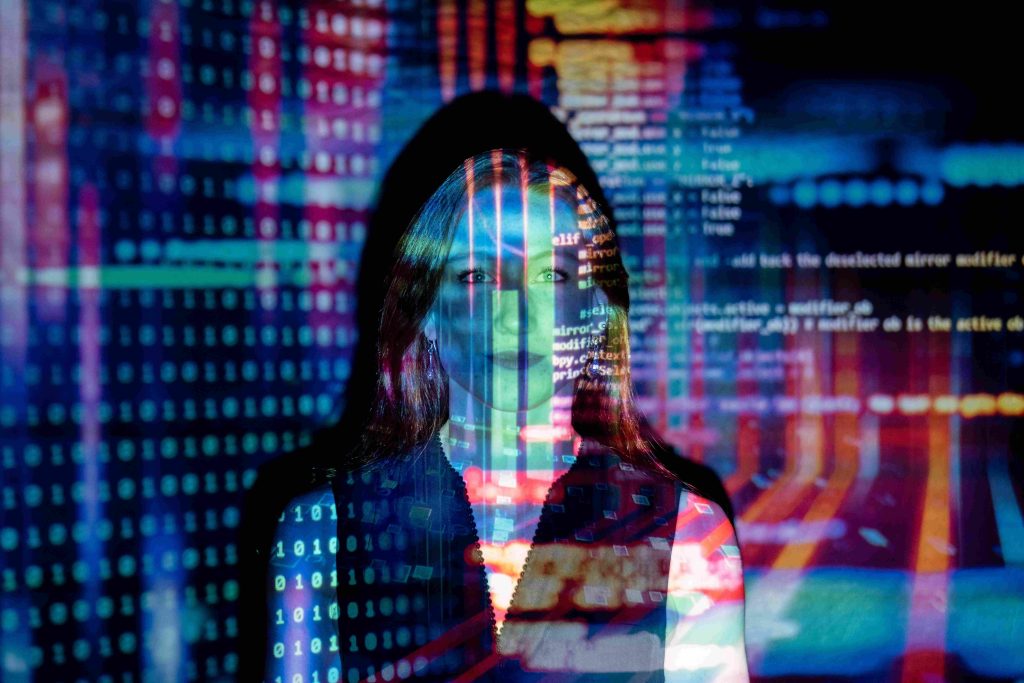
AI vs Human Innovation
AI tools like ChatGPT or DALL-E can produce content, but they’re simply emulating patterns. For example:
- AI-generated art copycats fashions but lacks an individual story or motivation.
- AI-written material might be grammatically correct but miss the deepness of human wisdom.
On the other hand, humans create from a place of ingenuity and sentiment. Our creativity arises from:
- Experiences: Every story we write and every painting we make is shaped by our unique journey.
- Imagination: The human brain can think abstractly, dream, and envision worlds that don’t yet exist.
- Emotion: Creativity often stems from feelings—something AI cannot understand or replicate.
So, while AI assistants can aid in creative procedures, they will never be an alternative to the human brain’s ingenuity.
Step-by-Step Guide: How Humans Exceed AI

To completely capture why AI can’t replace humans, let’s compare their capabilities in fundamental areas:
1. Emotional Intelligence
- Humans: Kindness, empathy, and emotional familiarity are fundamental to our connections and decisions.
- AI: While AI can analyze sentiment or mimic empathy, it doesn’t truthfully “feel” emotions.
2. Decision-Making in Uncertain Scenarios
- Humans: We are excellent at making decisions with insufficient data, using intuition and past incidents.
- AI: AI struggles in unclear situations, depending heavily on pre-programmed algorithms.
3. Ethical Judgment
- Humans: Ethics are shaped by culture, values, and principles. Humans can weigh the outcomes of their activities.
- AI: It cannot make fine moral judgments and requires human supervision.
4. Cultural Understanding
- Humans: We grab cultural subtleties, humor, and idioms.
- AI: Despite advancements, AI often misunderstands context, directing to awkward or mistaken replies.
How AI Complements, Not Replaces, Humans
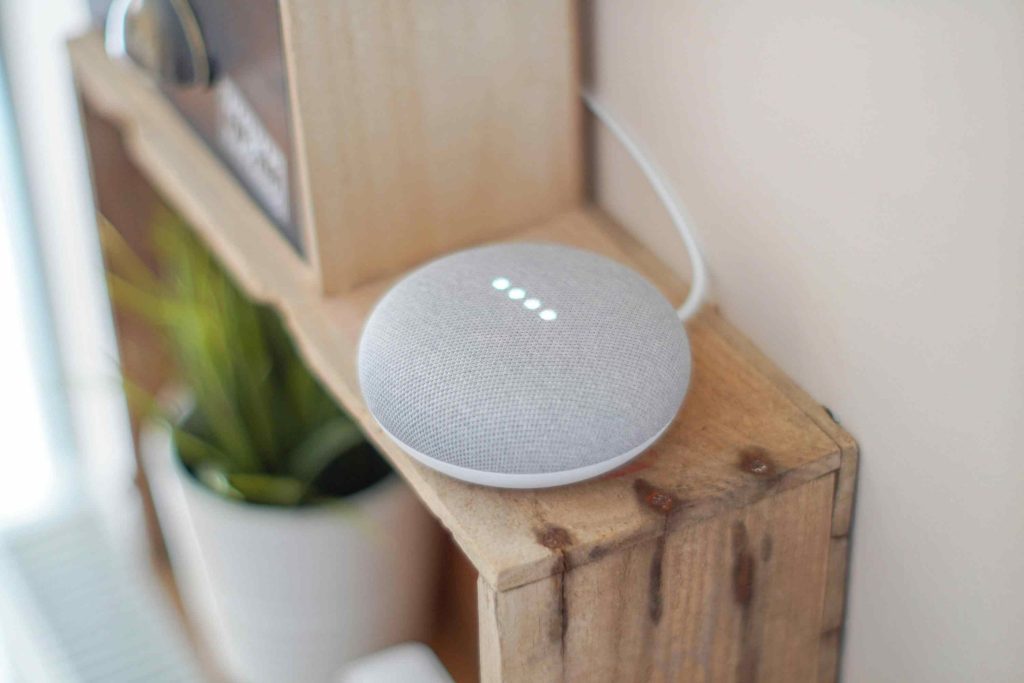
It’s not all destruction and despair when it comes to AI. Rather than replacing humans, AI works best as a tool to boost our powers. Here’s how:
In Healthcare
- AI: Diagnoses diseases with accuracy by investigating extensive amounts of data.
- Humans: Provide emotional help, explain complicated treatments, and make ethical conclusions.
Education
- AI: Offers personalized learning experiences and adaptive testing.
- Humans: Inspire, mentor, and understand the individual needs of learners.
In Business
- AI: Automates repetitive duties and predicts market movements.
- Humans: Build connections, lead teams, and innovate solutions.
The Limitations of AI
Despite its magnificence, AI has notable restrictions:
Lack of Self-Awareness
AI can examine and predict, but it doesn’t have a meaning of “self.” It cannot desire, reflect, or wonder about its existence.
Dependence on Data
AI is only as good as the data it’s schooled on. Bias in data leads to poor results, while humans can question and fix such biases.
No Moral Compass
AI doesn’t understand right from wrong. It requires human supervision to ensure honorable use.
Why the Human Brain Will Always Matter
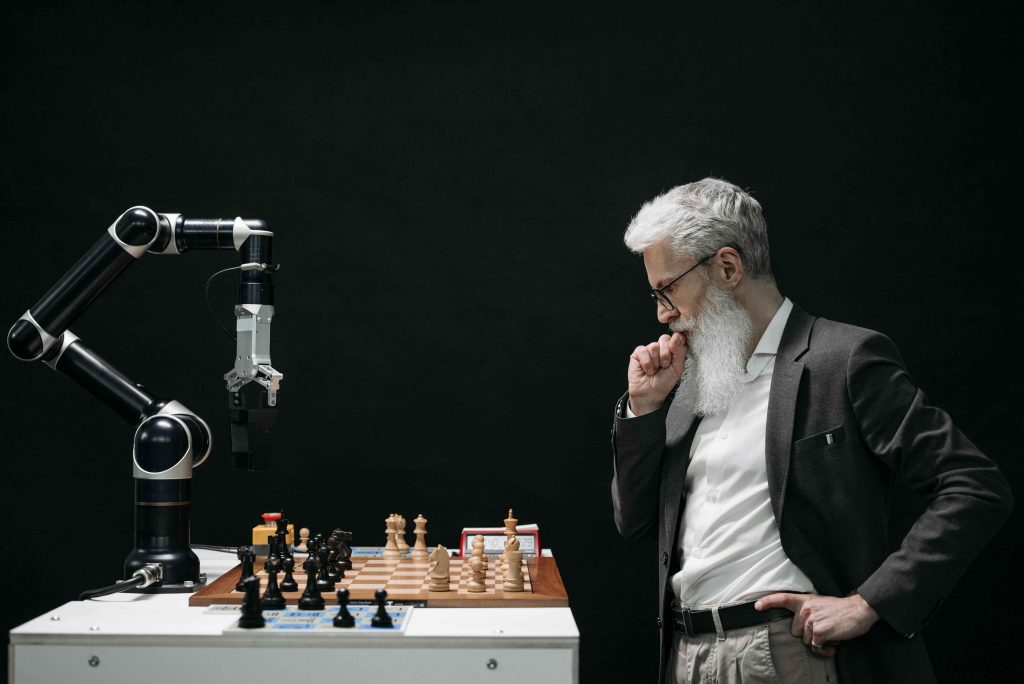
The Power of Emotional Connections
Assume about the moments that count most—falling in love, watching a sunset, creating memories with family. These occasions are connected to feelings, something AI can’t imitate.
The Ability to Adapt and Grow
Humans have a unique capacity for stability and development. We can adjust to challenges, learn fresh crafts, and reinvent ourselves in forms AI cannot.
Final Thoughts: AI vs Human
So, can AI replace the human brain? The answer is clear: No.
While AI is a strong tool that can reshape industries, it lacks the depth, intuition, and sentimental intelligence that define humanity. Instead of stressing about AI, we should welcome it as a collaborator—a tool that improves our abilities without replacing our presence.
The future isn’t AI versus humans. It’s AI with humans, working jointly to create a cleverer, more compassionate world.
This topic is further explained on https://www.fiverr.com/resources/guides/business/ai-vs-human.
